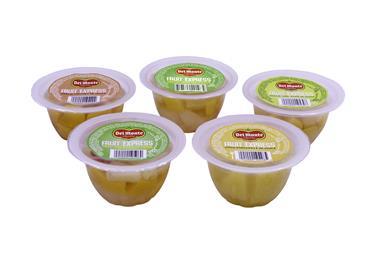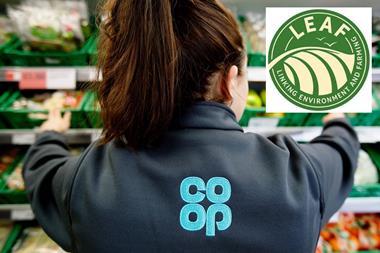A 'nanny state' c-store

As new figures reveal record highs in childhood obesity and the government questions whether to roll out more red tape around unhealthy products, retailers are questioning whether they are doing enough to promote healthy eating to children.
ALREADY HAVE A REGISTERED USER ACCOUNT? PLEASE LOG IN HERE
To read the full story join the ConvenienceStore.co.uk community today!
Registration is quick and easy and provides access to:
- Unlimited ConvenienceStore.co.uk articles
- Our great range of newsletters
- Content you’ve saved for later via the ‘my library’ feature
And much more…































